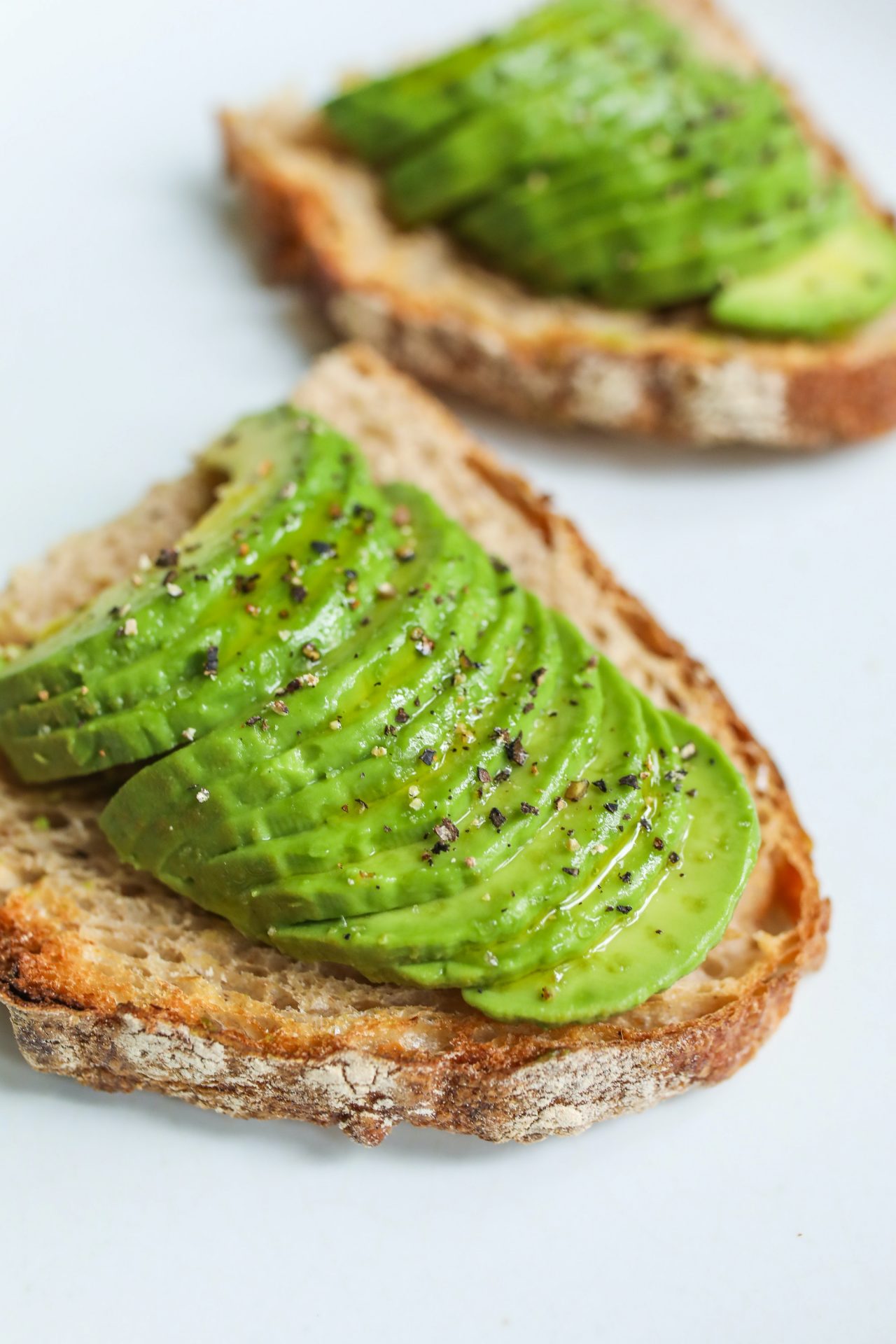
Here’s how to avoid a blood sugar dip if you didn’t sleep well last night.
We know that what we eat and how we move helps support our metabolism. But a new study suggests that there’s another component to a well-functioning body: our sleep.
The study was performed by health science company ZOE, backed by metabolic scientist Tim Spector, and published in the journal Diabetologia this month. Researchers monitored 953 participants and measured over 320,000 hours of sleep, 8,000 breakfasts and 1.75 million glucose tests.
You may also like
Nutrition myths: can caffeine, chilli and other foods really boost metabolism?
They found that a good night’s sleep leads to better blood sugar control the next day, whereas poor sleep leads to larger spikes in blood sugar.
Why does metabolism matter?
Metabolism is about how quickly your body can use food and energy – that includes glucose. While metabolism is largely genetic, there are ways to improve the metabolic processes in the body. That matters because “large spikes and dips in blood sugar… are bad news,” reported Dr Yella Hewings-Martin from ZOE.
We all have those nights where we can’t – or choose not to – get a great night’s sleep. While that does mean your blood sugar levels might be spiking more the next day and you might feel a little rubbish, that’s OK as an irregular occurrence. It’s the long-term impact that we need to be cautious of, explained Dr Hewings-Martin: “When [these spikes] happen over and over again, they can put you at an increased risk of type 2 diabetes, heart disease, and obesity.”
When to get to sleep
As this research shows, the best thing you can do for good health in both the short and long term is to get proper sleep. That means more than just good sleep hygiene (no phones before bed, etc) so you can fall into a restorative snooze. Sleep length is also crucial but is hugely individual: not everyone needs the same amount of sleep.
You may also like
Should you go to sleep and wake up at the same time every day?
The study found that getting more sleep than you usually have is more important for improving glucose than the absolute amount of sleep you get. For example, someone who usually sleeps for six hours will have marked improvements when they sleep for eight hours. Meanwhile, someone who usually sleeps for five hours will notice improvements when they sleep for an extra 60 minutes.
However, not all hours are created equally. “Sleep efficiency, or how well you sleep, is clearly an important factor. But so is bedtime,” Dr Hewings-Martin explains. “People who generally had a later bedtime were less able to control their blood sugar the next morning, even if they slept in. Going to bed earlier, on the other hand, led to better blood sugar control.” That means you’re better off going to bed early than sleeping in if metabolic improvements are your goal.

A study that was published in November 2021 by the University of Exeter found the same thing: a 10pm bedtime was associated with a lower risk of developing cardiovascular disease compared with later (but also earlier) sleep.
“When it comes to looking after our health, we tend to focus on what we eat and how we exercise but this research shows that how early you go to bed and your sleep quality can be just as important,” wrote Spector in an Instagram post sharing his study. “This is possibly the most important health tip you’ll read today: head to bed 30 minutes earlier for better blood sugar control.”
How to handle a bad night’s sleep
Consistency is key; if you normally go to sleep early, staying up late for even just one night will make your blood sugar control worse the next day. But don’t panic: we all have those nights, and remember that continuous spikes, rather than occasional spikes, are when things become concerning.
You may also like
How to sleep better: a nutritionist explains why the relationship between sleep and nutrition is so important
But if you do want to protect your health after a late night, the research found the best way to help: high-fat breakfasts. When a meal was eaten with around 35-40g of fat, it spiked blood glucose levels by less than half when compared to a control sugar test. It also fared best when compared to high-protein and high-carb meals. Avocado’s really might be the best post-party cure, it seems.
Images: Pexels
Source: Read Full Article